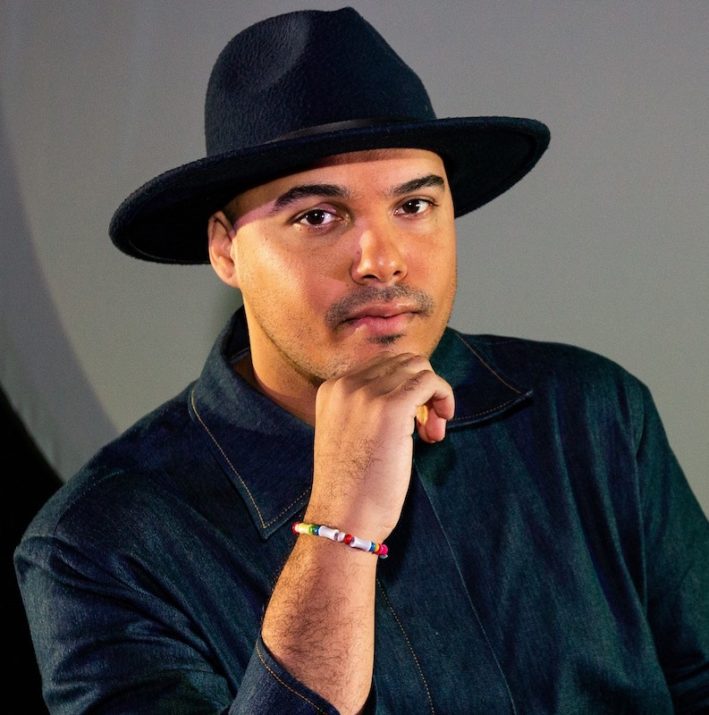
Stress, anxiety, burnout, depression, and sadly many more cases of suicide being reported across the country are just some of the serious health consequences resulting from Covid-19 that many people are experiencing.
Statistics released by the World Health Organisation earlier this year reveal a shocking 25% increase in prevalence of anxiety and depression worldwide, pointing to a number of factors related to life under lockdown and surviving the pandemic as causes.
Social isolation was a necessary step in preventing the spread of the virus, but undoubtedly caused a great deal of harm to people who consequently struggled with feelings of loneliness and depression – and these weren’t the only issues people faced under lockdown.
Pouring from empty cups
While adapting to remote working and virtual meetings was a tough transition for South Africa’s workers, not many consider the toll taken on human resource professionals responsible for ensuring the wellbeing of not just employees, but line managers, EXCO members and entire organisations.
Fifi Sali, HR executive at Vuma, weighs in on the unprecedented challenge of a role that requires individuals to be “everything to everyone”, but that often does not take into account the HR professional’s needs from a mental and emotional wellbeing perspective.
“As HR professionals during the pandemic, it was our duty to hold space and make sure everyone was fine and that processes continued to run smoothly. We were expected to show up and introduce new ways forward in terms of policy changes that took into account, for example, how to best support employees living alone under lockdown, or how to help employees dealing with positive Covid diagnoses.
“We couldn’t tell them that in the process we were struggling, and there was no room for us to fall apart despite us having our own pandemic-related challenges to deal with. In our line of work, there is the expectation to be on top of our game because we have so many people depending on us to be, and that did cause some anxiety at the outset,” she says.
Jacob Tema, a social worker for Rays of Hope specialising in gender-based violence, says that the increased demand for specialised victim support during lockdown, especially in Alexandra where cases of gender-based violence saw a sharp increase during lockdown, had an overwhelming impact on the social workers.
“During lockdown there was a continued demand for social workers because they were designated as essential workers. This exacerbated burnout and compassion fatigue. Social workers also experienced secondary trauma as a result of clients in need of psychosocial support,” he says, adding that shortages of social workers available to provide much-needed services in communities, and a lack of proper wellness programmes dedicated to ‘caring for carers’ that include psychological debriefing, has contributed greatly toward mental health challenges among social workers.
Support systems are crucial
South Africa’s celebrity world wasn’t spared from the mentally damaging effects of the pandemic either. South Africa reeled from the news of rapper Ricky Rick’s death, followed by the death of actor Patrick Shai not long after this, after taking their own lives earlier this year.
Matthew Peter Le Roux, better known as singer-songwriter Jimmy Nevis, shared that he also battled feelings of emotional exhaustion. “It was a time for me of feeling helpless, even though I was doing my best, it felt like it wasn’t not enough,” he says. “Not being able to perform, work, travel or network, and the negative impact all of this has on your salary and income, is a lot to handle as a creative and entrepreneur. And on top of that people were having to deal with the loss of family members.”
The local hitmaker said that the recent spate of suicides and mental health incidences among creatives and entrepreneurs points to a need for greater support for South Africa’s up-and-coming artists, and increased efforts aimed at nurturing creativity and innovation.
Nevis is currently an ambassador for My Community Connects, a platform that seeks to assist, enable and celebrate talented individuals and social innovators across all sectors and from all walks of life across South Africa. He says he is glad to be able to make a positive impact and help pave the way for others to not only get a foot in the door, but to play a role in mentoring them to overcome the mental health struggles he and so many others have faced on their way up the ladder.
The pandemic has clearly made an indelible mark on individuals across the spectrum of professions, but strides have been made in navigating these changes in more positive ways. Many companies, for instance, are making counselling services more accessible to employees and are increasingly making allowances for people to take ‘mental health days’ in the year. Organisations like the South African Depression and Anxiety Group (SADAG) have also established online support groups for those suffering with various mental health challenges.
